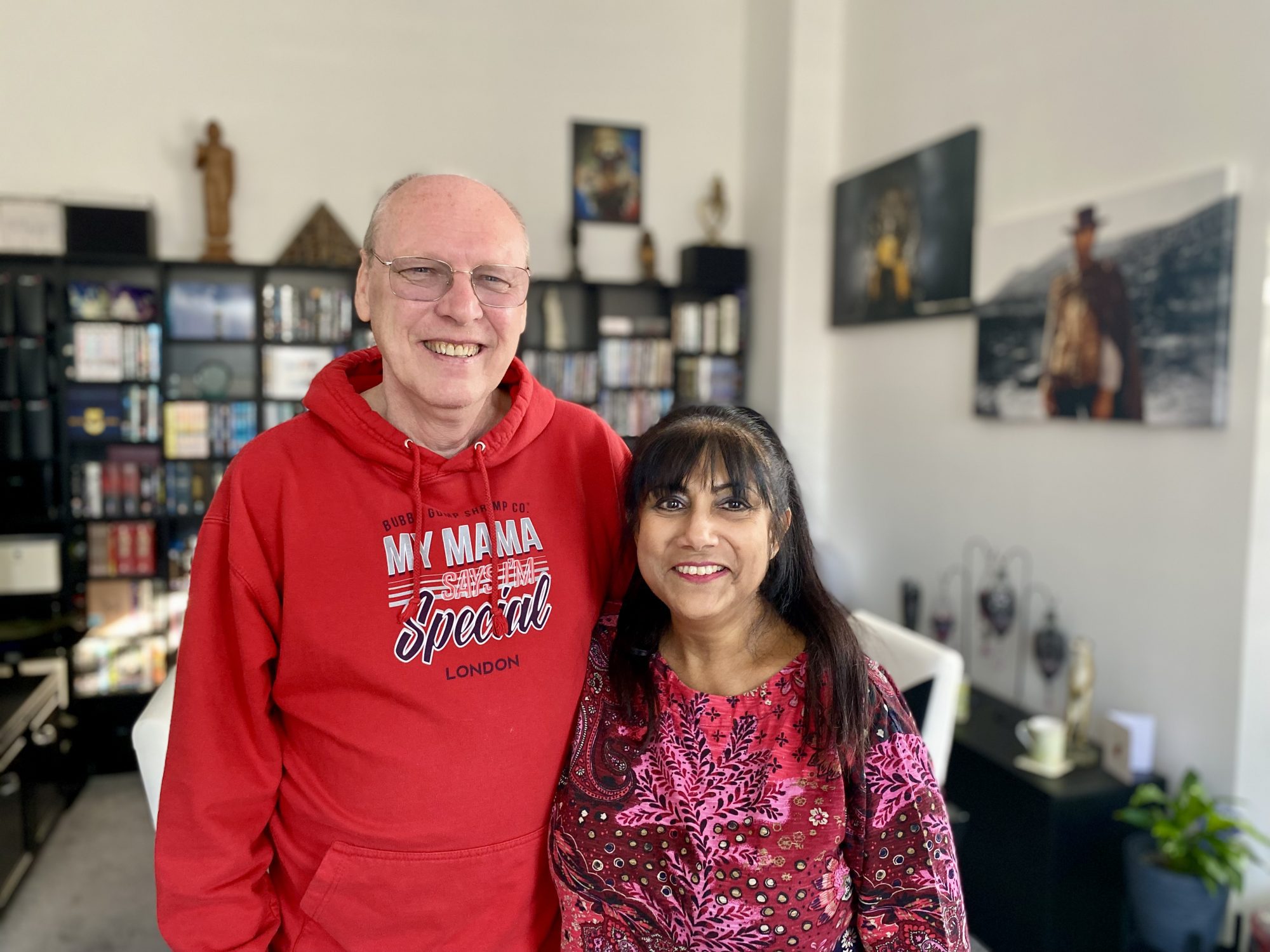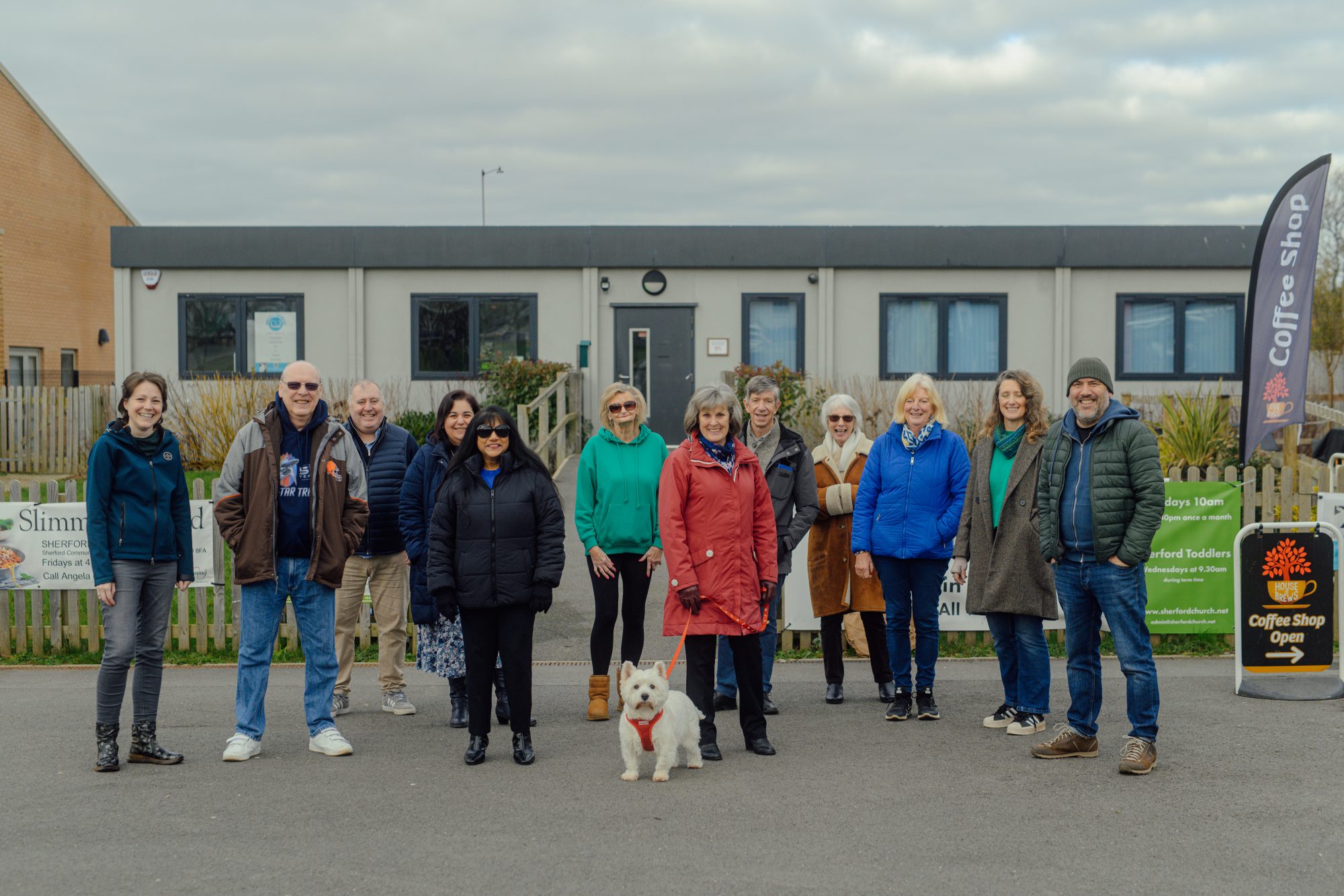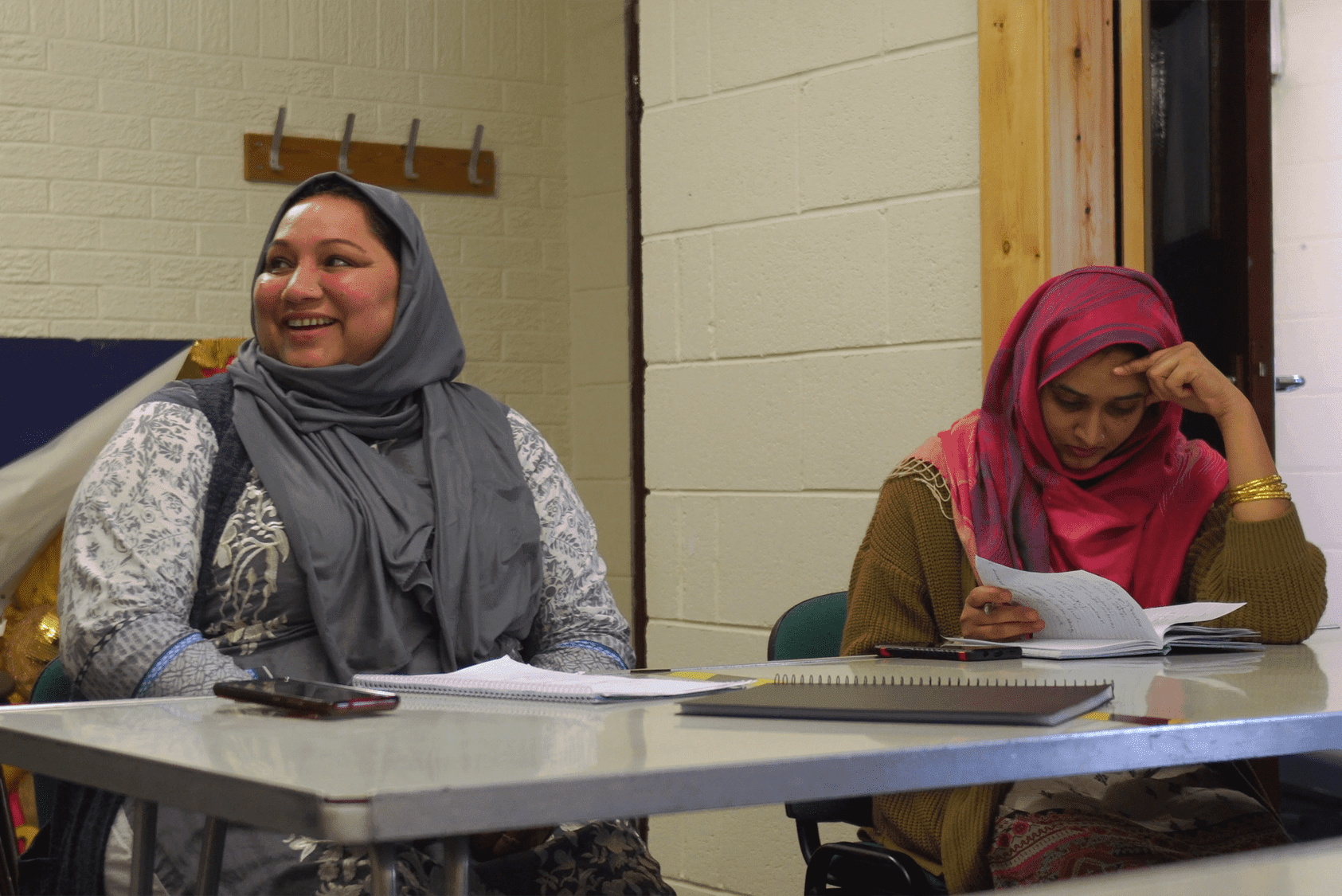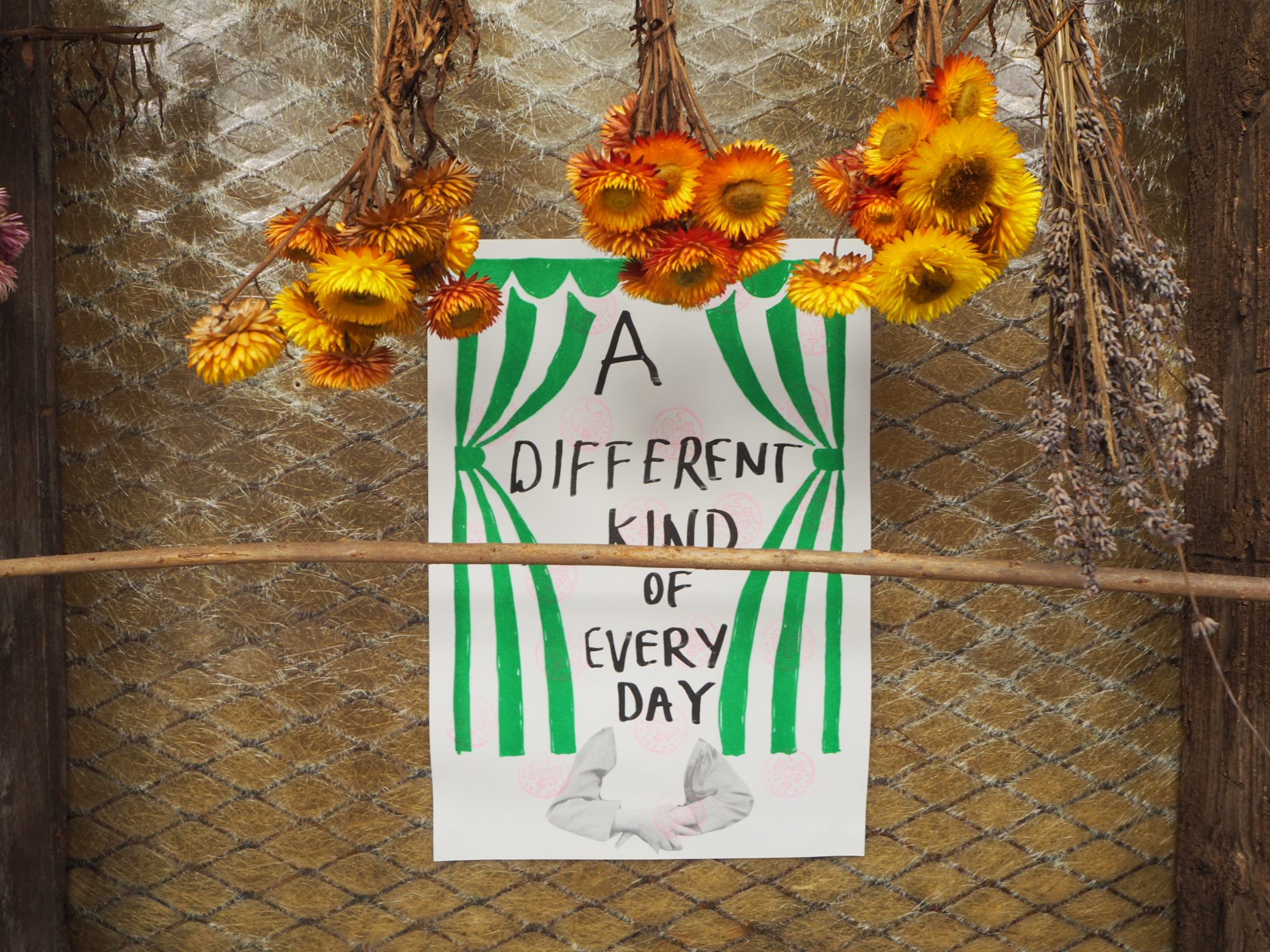“It’s not often you get a blank page from which to design your community,” says Judy Talbot, Co-ordinator for Sherford Community Land Trust (CLT) in Devon.
Sherford CLT was established as part of an agreement between the local planning authority and the builders to reduce the impact of the development on communities (known as a section 106 agreement).
“It’s unusual that embedding community power forms part of these agreements,” says Ed Whitelaw of local social impact organisation Real Ideas, who were brought in to help get the CLT up and running. “It mostly relates to things like creating green space and building schools – which has happened here – but someone in the council added in the requirement to set up a CLT. We need to thank whoever that was and encourage more councils to include this in their section 106 agreements.”
The initial S106 agreement, which was drafted at the outset of the development, included a mechanism whereby each household pays a £40 annual stipend to support the work of the CLT. Where most CLTs are about creating housing, this is focused on empowering communities to design and run their shared facilities and the team hopes that other developments across the country can follow suit.
The Trust, which now runs the new towns only community asset to date, the community hub where they have toddler classes, a midwife unit and office space. Judy is currently the only paid member of staff and, along with around 30 volunteers, is the driving force behind the work of the CLT – including the monthly market and popular newsletter – but there’s still so much more to do.
Run by the community, for the community
“It’s taken a while for people to understand that the CLT is not the developer,” says Judy – who spent the first few months fielding complaints about build issues and management fees until they managed to get the community to better understand the purpose of their CLT.
Ed Whitelaw from Real Ideas says: “It’s really important to speak to the community and demonstrate accountability as in ‘look at all the stuff we’ve done, hasn’t this changed? None of that would happen without the Community Land Trust’, which is really compelling for people and helps them want to get involved and feel they are actually making a difference.”
The pioneering development on the outskirts of Plymouth has been a longtime coming; it was first conceived last century, with building work starting in 2015. The first phase has seen around 1,000 residents move into the new town and by the time it’s completed, around 15,500 people will call Sherford home. While there are parts that feel like a building site, there’s a thriving community and decent events programme – thanks in most part to the CLT.
“This is currently the social infrastructure of the town” explains Ed, pointing to the school, the hub, the coffee shop and a tiny convenience store which is run by a local couple. “There’s a set of community assets which are yet to be built – a multi-use Town Hall with cultural space, workspace, library, police station etc. The county doesn’t want to own it, but the CLT could and we’ve been very involved in designing that building. Then there’s a health centre with GP surgery, adult social care and children’s centre planned too. So we’re like ‘okay, we’ll have that as well!’ and there’s a bunch of other stuff up for grabs like a recycling centre. We want to own the commercial units on the High Street too.”
Ed says: “Here we have a unique chance to create something that is very effective and powerful in doing great stuff for the community – an independent, self-sustaining democratically owned organisation that’s working for you.”
A new way forward for residents
Grahame and Premila MacLennan moved to Sherford from London in 2019 after taking early retirement from the civil service and falling for one of the large townhouses. With a wealth of skills to offer and time on their hands, they soon got involved with a residents’ association, settling up an over 50s club, then the CLT.

Premila plays a crucial role in the community events spearheaded by the CLT – from Christmas markets to heritage celebrations – and got co-opted to represent Sherford on Brixton Parish Council too. While it’s useful to have a voice in the established structures, the CLT offers a new type of community power, with vital funding from developers and residents and an income pipeline (rents and hire fees), to deliver what the community needs.
Premila says: “If you want power, you need independent income that gives you the ability to say: ‘we need this as a community, and we’ve got the money to do it.”
Grahame adds: “Since Real Ideas got involved, there’s an expectation now that things will be taken forward.”
The CLT’s caretaker board is made up of representatives from the local authorities and house builders – Taylor Wimpey, Linden and Bovis. The next step is hosting the inaugural AGM where community representatives will be elected to give residents a bigger voice and stake in the running of the CLT. And, once the business plan is co-created, Sherford CLT hopes to employ more staff, take on more assets, get more residents involved and really drive a new way of nurturing a well-thought out and properly resourced new cohesive community. Watch this space.



